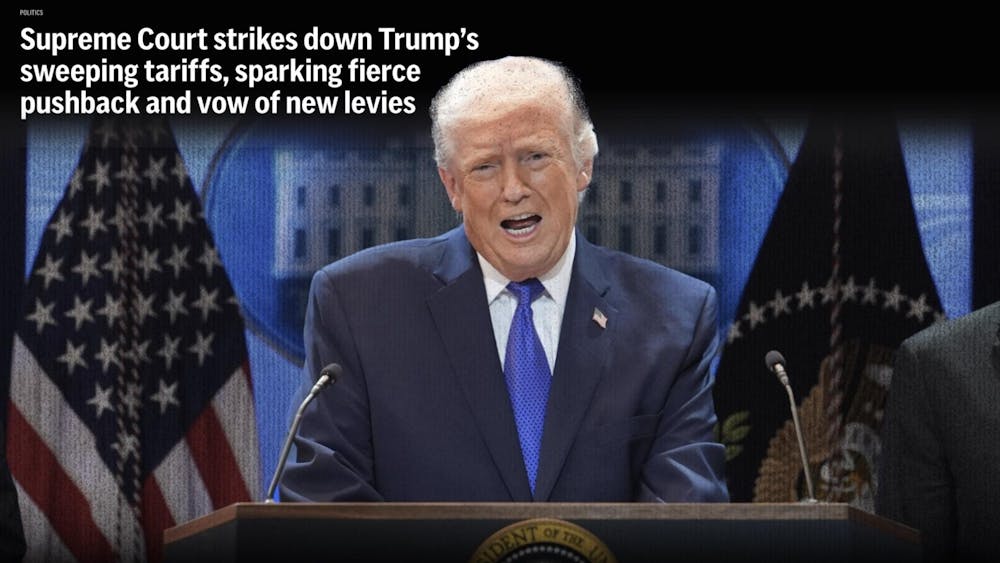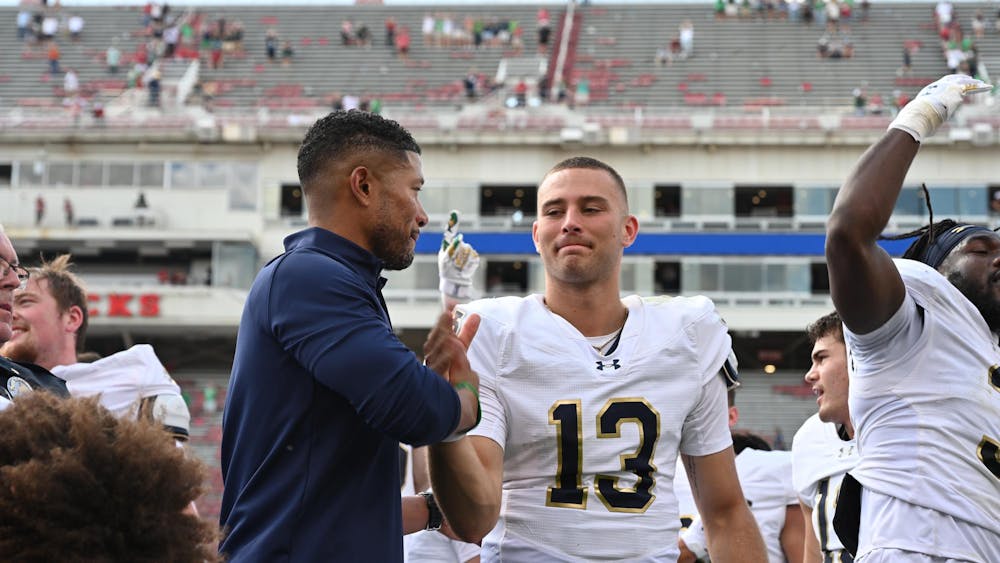In March 2018, I shared an Uber with a woman as I left a school trip to Washington, D.C., for the Louisiana speech and debate state championship. As we conversed, I mentioned the debate topic was whether the United States should adopt a universal basic income (UBI). Coincidentally, she worked for a tech executive that was advocating for that very policy. His name? Andrew Yang.
Nearly two years after announcing his candidacy for president, Andrew Yang has grown from a “longer-than-long-shot” candidate to polling at 3%, participating in all primary debates and certainly making a name for himself in the Democratic field. His campaign is most known for his UBI policy, which he calls the Freedom Dividend. But what is the UBI? Quite simply, it’s money given to each person by the government regardless of employment status or income level. For Yang, the Freedom Dividend grants $1,000 a month to every citizen over the age of 18.
Wow.
Just wow.
America already has a tough time debating welfare. Conservatives are quick to point out that welfare programs incentivize laziness, increase government dependency and people are not entitled to the hard-earned salaries of the working class. Liberals argue about human dignity and the need to increase spending on welfare programs. These debates are only magnified when these programs are threatened with budget cuts. And yet, these scenarios only consider people at low income levels. To suggest a policy that gives money to everybody, no questions asked, is astounding in a society that prides itself on individualism. The mere fact this policy has reached the national stage amazes me. However, could the UBI work? Is it even possible? This requires further investigation.
Let’s consider the UBI’s impact on the economy. According to the left-leaning Roosevelt Institute, paying adults $1,000 a month would lead to GDP growth of 12.56% over an eight-year period. Now, there is some criticism of the study. MIT Technology Reviewargued in 2017 that the study relies on a flawed economic model the rich “hoard a disproportionate amount of wealth, instead of spending it, which acts to have a chilling effect on economic activity.” However, despite this criticism, the wealthy are hoarding their wealth. An Axios report indicates that top companies and individuals are storing trillions of dollars into personal accounts and balance sheets, not back into the economy. Thus, a UBI would improve the economy by increasing consumer spending and activity in the market. Regardless, many pilot programs show the beneficial work of UBI as it reduces poverty in various communities and promotes economic growth.
This is vastly more efficient than our welfare system. The bureaucracy, complexity and inaccessibility of the current process makes it nearly impossible for the funds to reach everyone in need. For instance, the Temporary Assistance for Needy Families (TANF) has been reaching fewer and fewer families every year. While this may show that the welfare program is working, evidence suggests the program only exacerbates the problem of deep poverty for low-income families. Furthermore, the current system disincentivizes moving up in the socioeconomic ladder. As one’s income becomes higher, welfare benefits are cut. Such a drastic shift from receiving benefits to losing them, without any gradual change, makes poverty and welfare dependency a vicious cycle. A support network is necessary to aid suffering Americans as they move out of poverty into economic success.
This is where UBI steps in. The simple process of doling out $1,000 a month to every American eliminates the need for other programs. This enables individuals to determine where the money goes to improve their lives. Whether it’s food, rent, education or investing in a start-up, the freedom of UBI presents a greater opportunity of escaping poverty than any previous government program. UBI’s consistency stops dependency on welfare and allows individuals to grow at their own pace without worry of losing their economic lifeline.
Now, I could go on about UBI’s benefits, such as the improved health and higher school attendance rates in Nambia or the improved mental and physical health of North Carolina children, but the effectiveness of a policy means nothing if it cannot be implemented. At the same time, many of these studies were conducted in small communities, and it is difficult to ascertain a policy’s effectiveness nationwide in this manner. This is something to consider when evaluating the UBI policy. Nevertheless, the positive results in these studies do suggest the policy’s effectiveness.
The biggest controversy surrounding UBI is its cost. At $1,000 a month, UBI costs approximately $3.9 trillion annually versus the $2.7 trillion already spent on social programs. Keep in mind this is for a country that is already in enormous debt. Where does this money come from? How will we pay for it? There are several possibilities. One suggestion is implementing a data tax on large companies — such as Google, Facebook, Amazon and Microsoft — and putting the funds towards UBI. Other possibilities include implementing taxes on pollution and stocks, closing tax loopholes and redistributing existing welfare programs. Yang’s payment plan involves a Value Added Tax (VAT) on products and services, in addition to other sources. Moreover, there is the notion that the economic boost from UBI would pay for the policy itself. Each possibility has its advantages and disadvantages, something too cumbersome for a single column to justly evaluate. However, a common theme among these programs is additional taxes. This raises the question of not only if those sources of revenues deserve to be taxed, but more so if the American people are entitled to that revenue? Our society aims to preserve the earnings of individuals and respect their property, but also recognizes the need to help others in the most efficient way.
The ethicality of obtaining UBI, absent its benefits, is the ultimate obstacle in the American discourse on the subject. I look forward to watching this discussion unfold as election season looms and hope the Notre Dame community participates in this conversation. Our community should strive to discuss pertinent political topics, especially those that pertain to helping the poor and weary in society.
Blake Ziegler is a freshman at Notre Dame from New Orleans, Louisiana, with double majors in political science and philosophy. He hopes his writing encourages others to take an interest in politics and government. For inquiries, he can be reached at bziegler@nd.edu or @NewsWithZig on Twitter.
Evaluating Andrew Yang’s Freedom Dividend
The views expressed in this column are those of the author and not necessarily those of The Observer.









